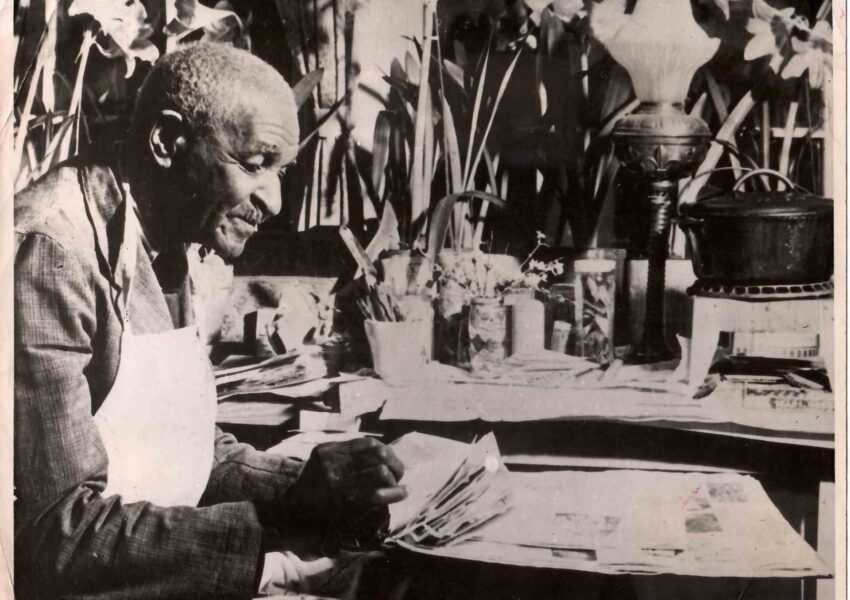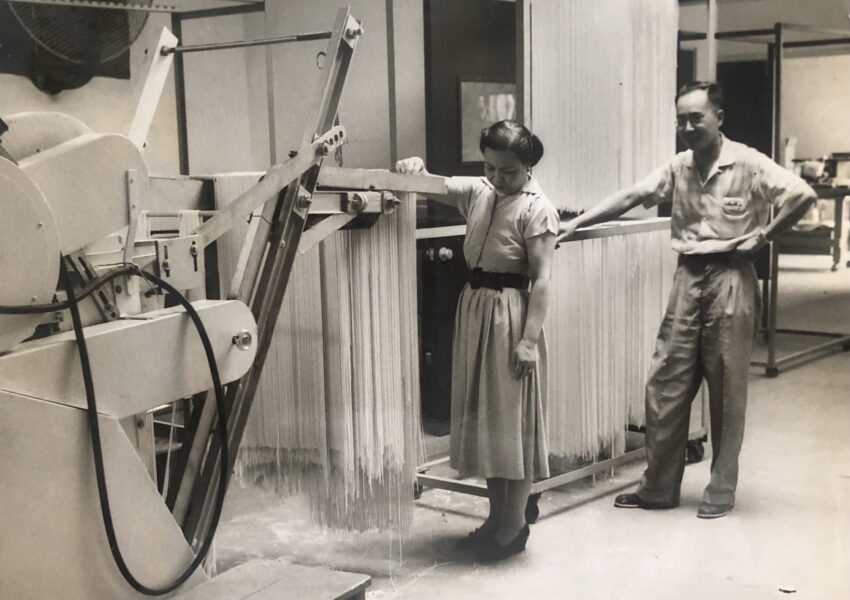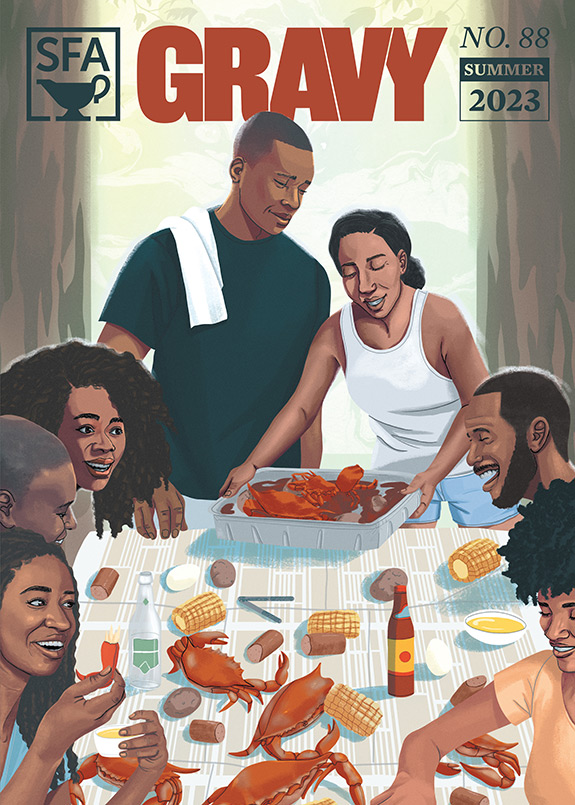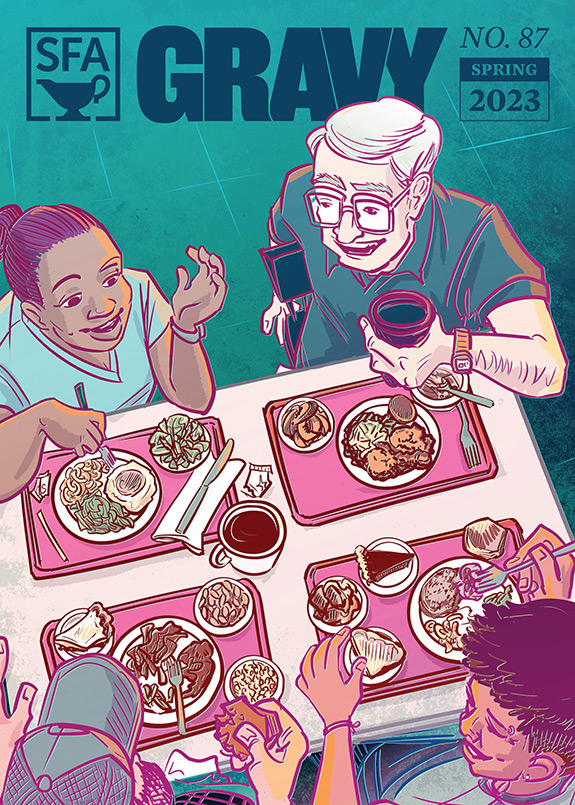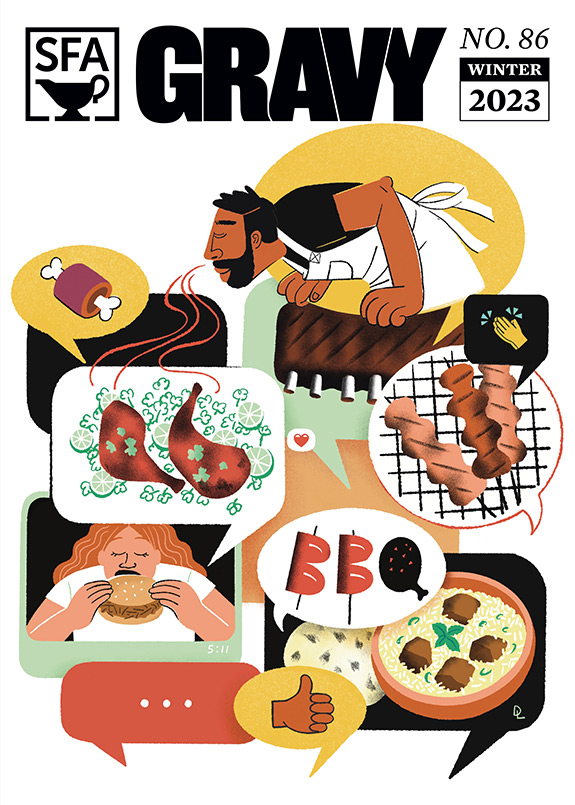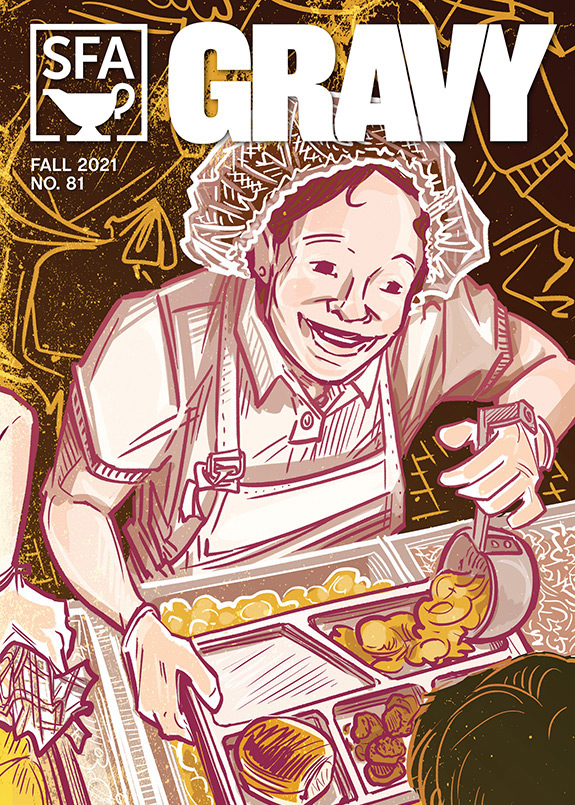The summer of 1964 in Mississippi was Freedom Summer, a huge campaign to register black Americans to vote. Among the students and teachers who traveled to Mississippi for the movement were doctors and nurses and medical students. While they moved around the state, patching up civil rights workers, they saw poverty they could never have imagined. People were hungry, starving to death from malnutrition, particularly in the Mississippi Delta.

These doctors and medical professionals joined together and called themselves the Medical Committee for Human Rights. One of them was Dr. Jack Geiger. Geiger wanted to address the poverty and the hunger he saw there by using a community health care model, a holistic way of looking at health. So, with some funds from the federal government’s “War on Poverty,” he started a community health center in Mound Bayou, Mississippi. He and his medical team wrote prescriptions for food, started a farm cooperative and taught nutrition classes. They were able to reduce hunger in the region. And not in a vacuum, but within the context it was all created–by considering the history of poverty and hunger in the South.
This Gravy episode is produced by Sarah Reynolds.
If you’re interested in this topic, pick up a copy of Still Hungry in America. Originally published in 1969, the book features photographs by Al Clayton and text by Robert Coles, with a foreword by Senator Ted Kennedy. The SFA and UGA Press re-released the book this month, with a new introduction by historian Tom Ward.


